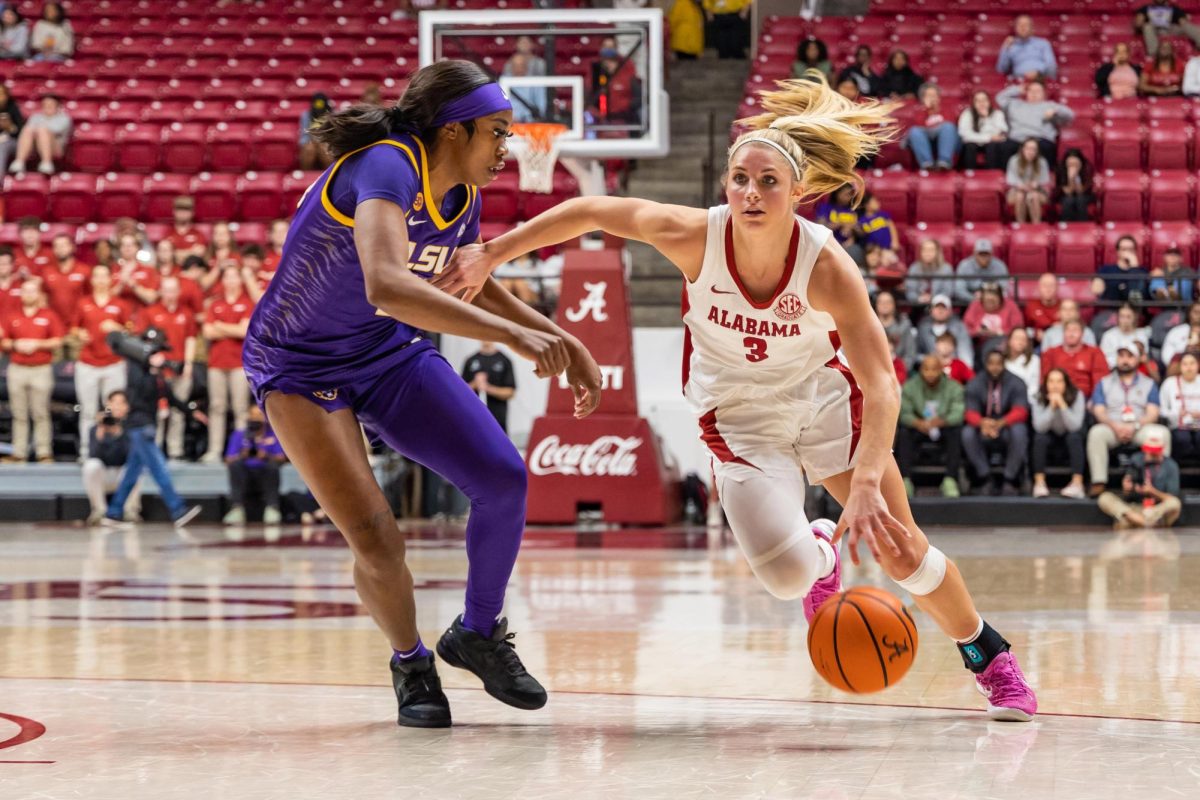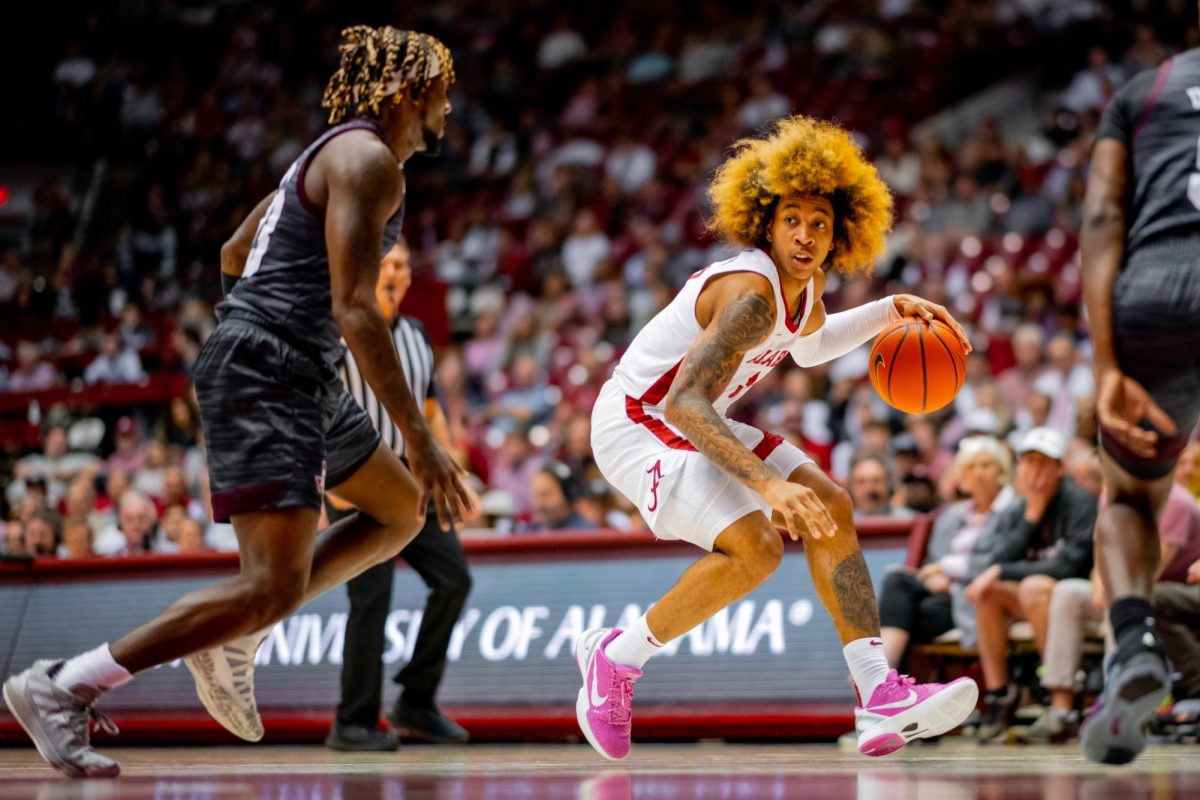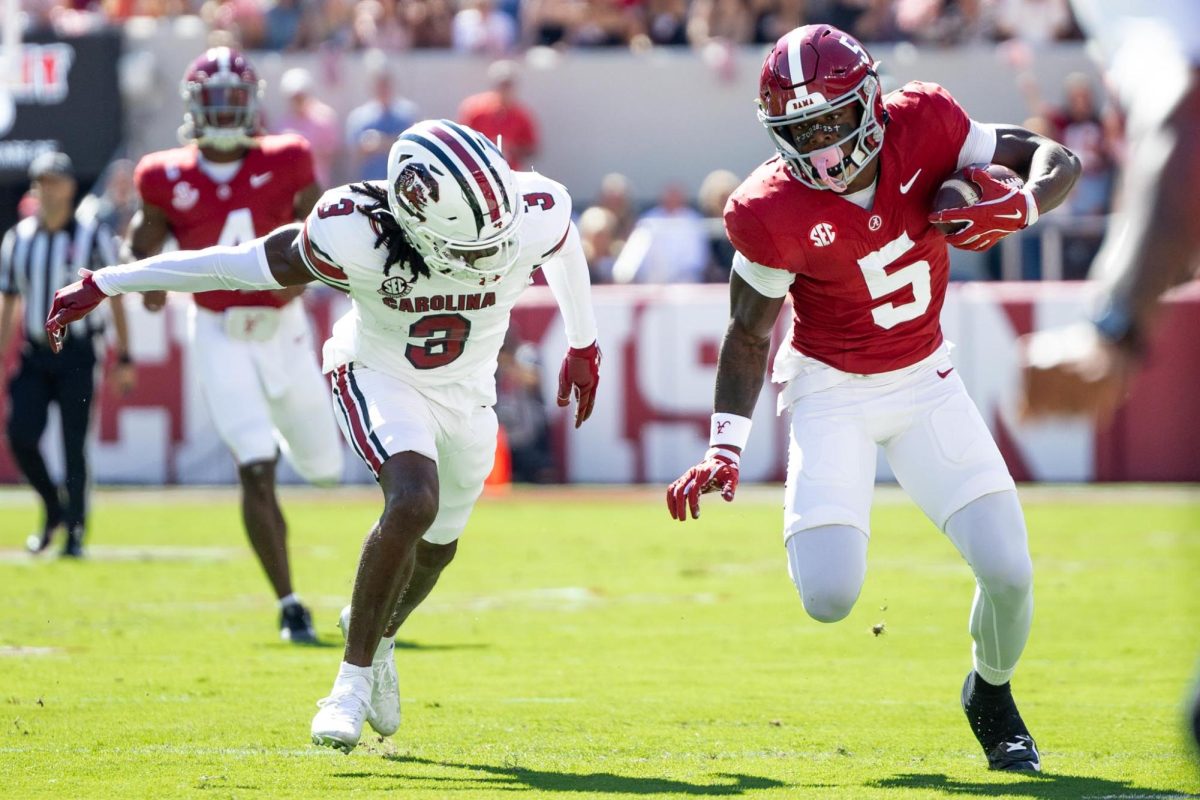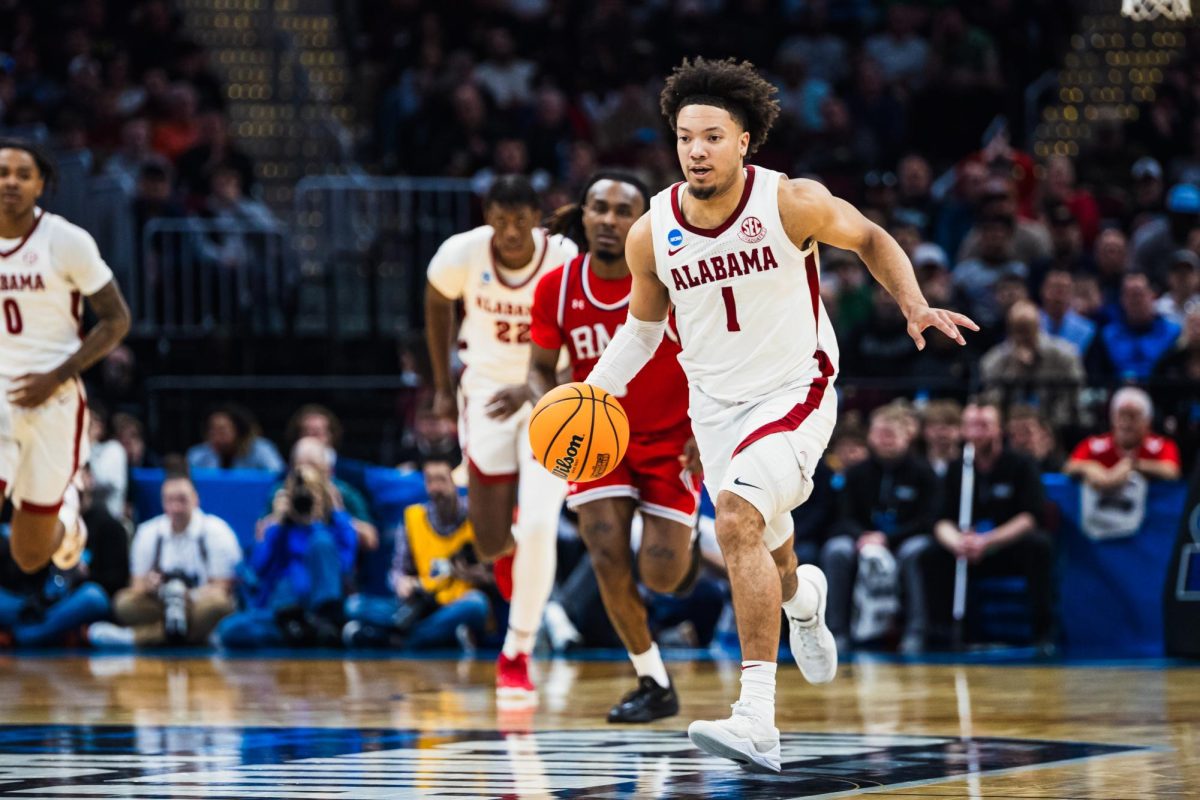“Information has come to my attention that strongly suggests that your Women’s Basketball coaching staff has utilized student-athlete athletic financial aid to engage in a fairly broad and comprehensive pattern of bullying, harassment, retaliatory conduct and institutional hazing,” He said in an email published by swishappeal.com, a subsidiary of Vox Media. “Further, in light of the manner in which athletic financial aid is administered by this coaching staff, there are strong implications of conduct that violates Title IX.”
Simmons transferred to Alabama from Rutgers University and played for the Crimson Tide for two years, graduating with one year of eligibility remaining. With a mother in failing health and a brother on dialysis and unable to get into Alabama’s MBA program, Simmons sought a transfer to Seton Hall, where she planned to play in the 2014-2015 season, according to Swish Appeal. Since the transfer would be her second, she needed a waiver from the NCAA, which required the University’s endorsement. Jackson said athletic director Bill Battle and the University blocked the waiver, at women’s basketball coach Kristy Curry’s insistence. According to Swish Appeal, Curry told Seton Hall coach Tony Bozzella that the coaching staff would not block the appeal.
“In this situation, rather than supporting the waiver, the University athletic department, apparently at coach Curry’s urging, went one step further and intentionally blocked the waiver,” Jackson said. “Had they simply said, ‘We support this waiver,’ the NCAA would have immediately declared her eligible. Even now, notwithstanding the fact that the University’s president’s position was that the case was closed, it’s not closed because the truth of the matter is with any waiver request, if any new information is presented, that waiver application can be reopened, resubmitted to the NCAA staff and the waiver will still be granted based on that new information. That new information here would be the University’s support of her play.”
The Alabama Athletic Department, in a letter to the NCAA obtained by AL.com, claims Simmons did not offer enough notice of her desire to transfer when she informed them on May 26, when the program would be unable to replace her.
One of the requirements of a graduate transfer waiver is that the athlete transfer to an institution that offers a graduate program not available at the prior institution, according to athleticscholarships.net. In Simmons’ case, the University doesn’t offer a graduate business program in sports management, but it contends it offers qualifying programs – one in the department of kinesiology and another in the College of Human Environmental Sciences.
Jackson said the University’s treatment of Simmons is a symptom of an organizational philosophy that violates the federal law commonly referred to as Title IX. The University is required to respond to the complaint with an internal investigation.
Jackson said his expectations for the complaint extend beyond the restoration of Simmons’ eligibility.
“It’s my expectation that this case is likely to wind up in federal court,” he said.









